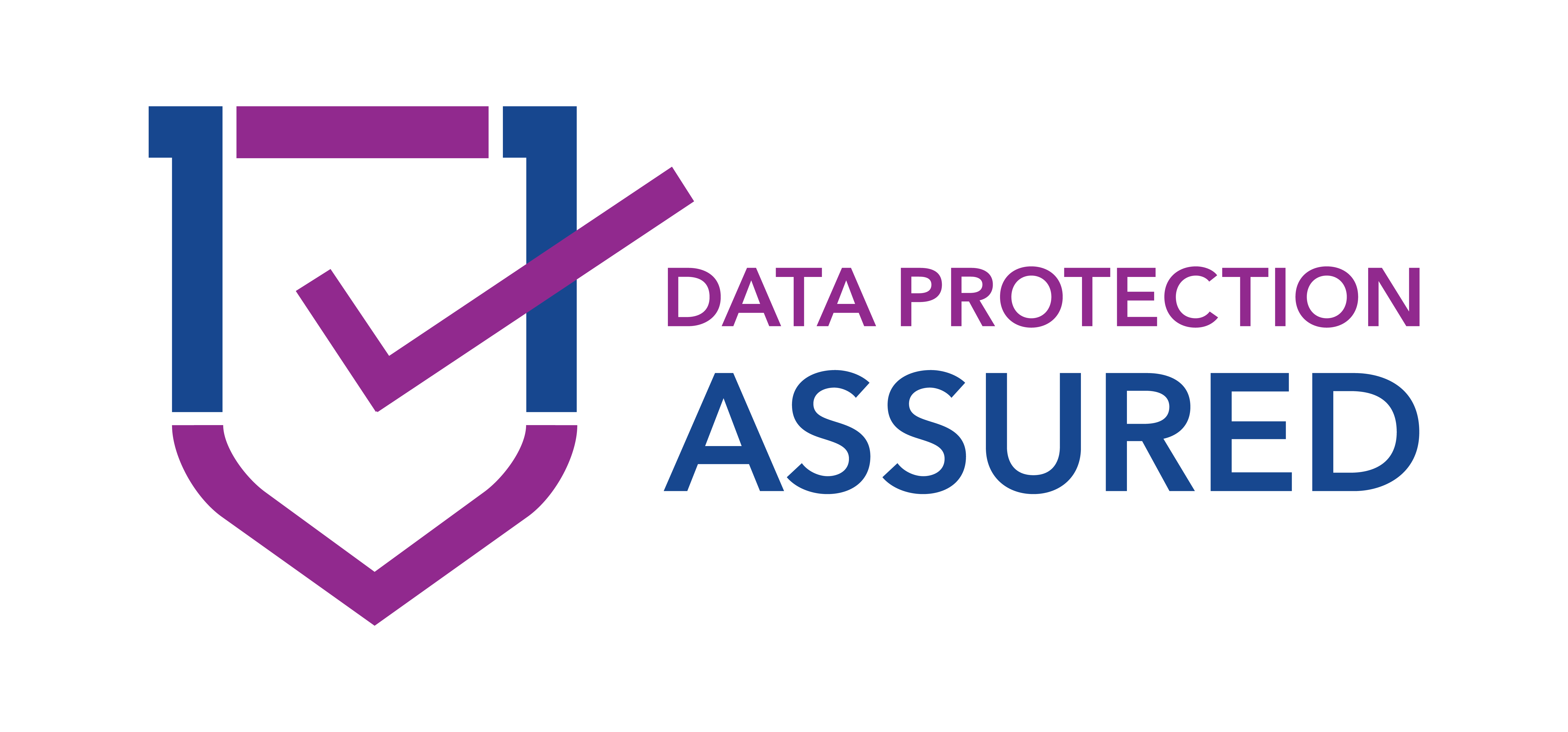In today's rapidly evolving work environment, success is no longer just about possessing technical know-how. A combination of soft skills or social skills such as problem-solving, sensemaking, critical thinking, interpersonal communication, and collaboration is increasingly becoming essential for anyone seeking to thrive in their career. Mastering these skills is particularly crucial in a hybrid or remote work environment, where human connections are strained. Soft skills are not innate, but they can be developed and cultivated through deliberate effort and practice. Below are the five critical core skills that are essential for workplace success.
 Problem-Solving
Problem-Solving
Problem-solving is the ability to identify and analyze problems to develop viable solutions. It requires critical thinking, creativity, and a willingness to think outside the box. An effective problem solver is not just someone who can find quick fixes but also someone who can solve complex and ambiguous problems.
 Sense Making
Sense Making
Sense-making is the ability to make sense of the world and the information around us. It involves identifying patterns, connecting dots, and understanding the broader context in which things exist. In today's world, where we are bombarded with a vast amount of information, sense-making is a critical skill that helps us filter out noise and focus on what matters.
 Critical Thinking
Critical Thinking
Critical thinking is the ability to analyze and evaluate information to form a judgment or decision. It involves asking questions, considering different perspectives, and challenging assumptions. Critical thinkers are not easily swayed by emotions or biases, but instead, they rely on evidence and reason to make informed decisions.
 Interpersonal Communication
Interpersonal Communication
Interpersonal communication is the ability to communicate effectively with others. It involves active listening, empathy, and the ability to express oneself clearly and concisely. Good interpersonal communication skills are essential for building relationships, resolving conflicts, and fostering teamwork.
 Collaboration
Collaboration
Collaboration is the ability to work effectively with others towards a common goal. It involves sharing ideas, working through conflicts, and leveraging each other’s strengths. In today's interconnected world, collaboration is a critical skill that enables individuals to work effectively in cross-functional teams and diverse environments.
Developing soft skills requires effort and practice. Here are a few tips to help you improve your soft skills:
- Seek feedback from others to understand how you come across and where you can improve.
- Read books, take courses, or attend workshops that focus on soft skills development.
- Look for opportunities to practice your soft skills in real-life situations.
- Set goals and track your progress towards improving your soft skills.
- Surround yourself with people who have strong soft skills and learn from them.
In conclusion, soft skills, or social skills, are critical for career success. They enable individuals to build relationships, communicate effectively, collaborate with others, and solve complex problems. Developing these skills takes deliberate effort and practice, but the rewards are worth it. In today's hybrid and remote work environment, mastering soft skills is more critical than ever. So, invest in developing your soft skills and watch your career soar to new heights.
Idris Malim,
Founder, Director and CEO
Eduquest International Institute, Singapore




